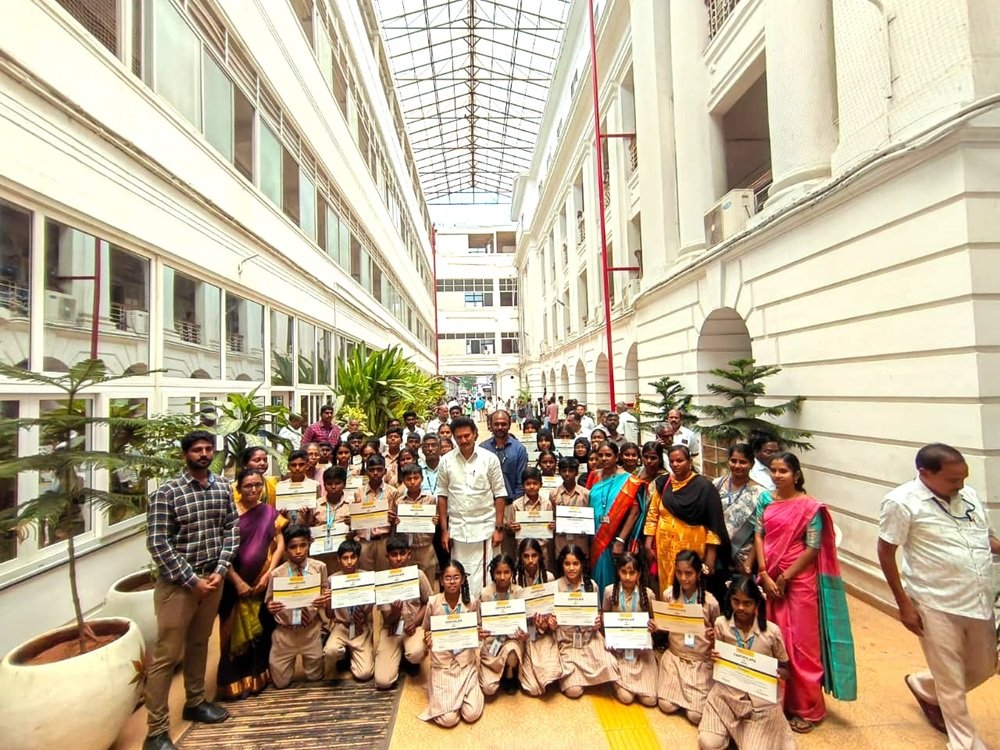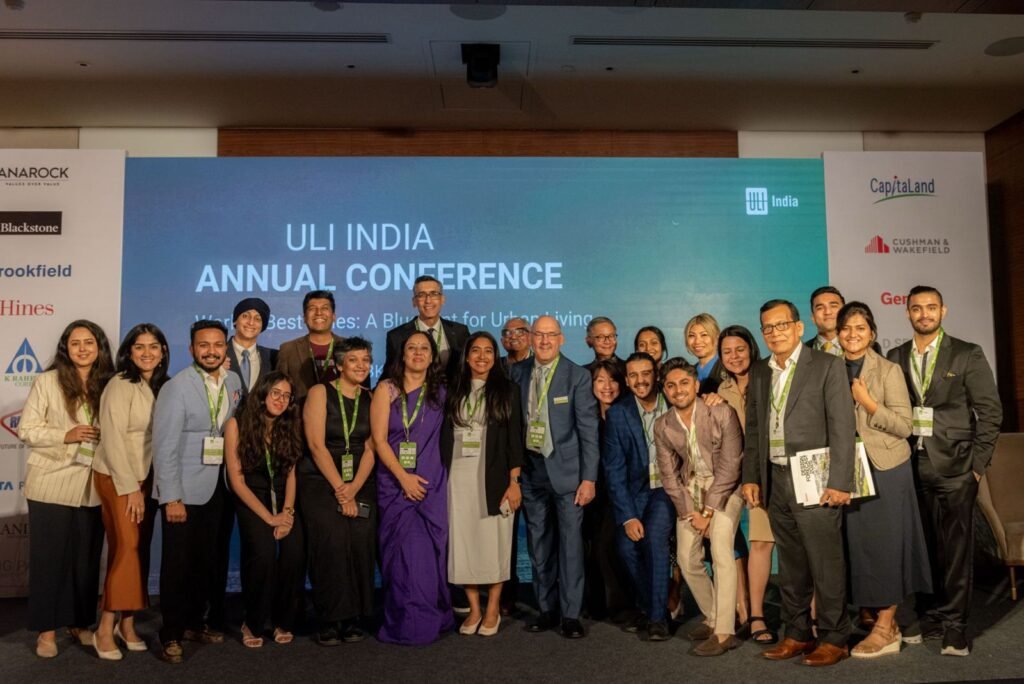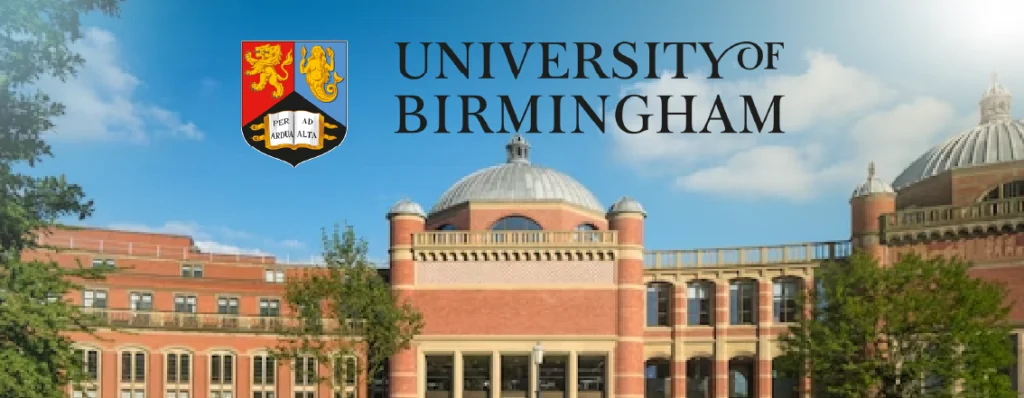The World Academy of Sciences for the advancement of science in developing countries (TWAS) and the American Association for the Advancement of Science (AAAS) brought together 10 pairs of scientists and policymakers from 10 countries, including Bolivia, Nepal, and Sri Lanka, in Trieste, Italy, for the 12th AAAS-TWAS Course on Science Diplomacy. The course deepens relationships between science and diplomacy to enable evidence-based solutions for addressing complex challenges such as climate change, food security, and biodiversity loss.
“Science diplomacy is not a mere concept: it is a strategic instrument for peace, prosperity, and sustainable development,” said Minister Giuseppe Pastorelli, deputy director general for the promotion of Italy at the Italian Ministry of Foreign Affairs and International Cooperation.
“In Italy, we see science as an enabler of humankind’s progress and cross-border dialogue. To this end, we host and financially support organizations such as TWAS and IAP, which work for the benefit of the global South with the aim of building capacity and developing the skills necessary to improve the living conditions of local communities,” said Pastorelli.
This year, participants will delve into topics of interest across countries, including science diplomacy in the current geopolitical landscape, mechanisms to influence decision makers, the role of scientists toward achieving the 2030 Sustainable Development Goals, and international efforts to build large-scale projects.
The course, launched in 2014 with key funding from the Swedish International Development Cooperation Agency (Sida) and the Golden Family Foundation,
involves participant pairs from the same country. This year, the course also received financial support from the Organization for Women in Science for the Developing World (OWSD). Each pair consists of an early-career scientist whose research and public engagement have implications for international policymaking, and a policymaker in a science-relevant role such as a government official, diplomat, or representative from a research-funding institution.
“Today, science, technology, and innovation are our hope for achieving sustainable prosperity that leaves no one behind. This is about science that unites nations and benefits everyone, everywhere,” said Quarraisha Abdool Karim, president of TWAS.
For over a decade, the AAAS-TWAS Science Diplomacy Course has prepared 388 alumni that are now influencing policy and spreading knowledge about the fast-growing science diplomacy field throughout the developing world.
“With the ever-evolving geopolitical landscape, science diplomacy is a critical tool used by governments to achieve their objectives. This course is one of many ways of building productive working relationships, which are essential to ensure familiarity and mutual trust before the next crisis strikes,” said Sudip Parikh, CEO of AAAS and executive publisher of the Science family of journals.
Among the in-person speakers of this year’s course:
- H.E. Paula Alves de Souza, Brazil’s Ambassador to UNESCO in Paris;
- María Estelí Jarquín, UK Centre for Ecology & Hydrology;
- Poppy Joyce, Royal Society of London;
- Eudy Mabuza, South Africa’s Mission to the European Union; and
- Anna Pirani, Euro-Mediterranean Centre on Climate Change, Venice.
Participant list of the 12th AAAS-TWAS Course on Science Diplomacy:
- Natalia Montellano Duran, Director of Biotechnology, OWSD Bolivia National Chapter Chair, Universidad Catolica Boliviana and Mayra Ingrid Zalles Trigo, National Representative-Member of the National Parliament, Bolivia;
- Clecio Roque De Bom, Technology Researcher, Centro Brasileiro de Pesquisas Físicas, and Ernesto Batista Mane Junior, First Secretary, Brazilian Ministry of External Relations, Brazil;
- Berjauline Camille Mba Maadjhou, Senior Lecturer of Public Health and Public Health Nutrition, University of Yaounde I, and Linda Augustine Julia Esso Endalle Lovet, Director of the Fight Against Disease, Epidemics and Pandemics, Ministry of Public Health, Cameroon;
- Lobna Ahmed Said Osman, Associate Professor and Director of Microelectronics System Design, Nile University, and Amr Mostafa Mohamed Mostafa Radwan, Head of Research and Innovation Department, Egyptian Academy of Scientific Research and Technology, Egypt;
- Faith Jebiwot Kandie, Lecturer, Moi University, School of Sciences and Aerospace Studies, and Edith Anne Kubochi Alusa, Director, EED Advisory Ltd, Kenya;
- Marieanne Christie Leong, Chief Climate Scientist, Qloudio Sdn Bhd and Visiting Research Fellow, Institute for Artificial Intelligence and Big Data, Universiti Malaysia Kelantan, and Fairuz Suzana Binti Mohd Chachuli, Director, Planning and International Relations Division, Malaysian Nuclear Agency, Malaysia;
- Sulochana Manandhar, Laboratory supervisor, Molecular microbiologist, Oxford University Clinical Research Unit-Nepal, and Madan Kumar Upadhyaya, Joint Secretary, Ministry of Health and Population, Nepal;
- Ovie Augustine Edegbene, Associate Professor and Deputy Director, Climate Change and Health Unit, Institute of Global Health and Health Security, Federal University of Health Sciences, and Gift Ochonogor Omovoh, Chief Scientific Officer, Federal Ministry of Environment, Nigeria;
- Denise Margaret Matias, Professor in Ecosystem-based Transformation Management in UNESCO Biosphere Reserves, Eberswalde University for Sustainable Development and Marry Luck Hicarte, Minister and Consul, Embassy of the Philippines in Germany, Germany and The Philippines;
- Mututantrige Nimshi Loran Fernando, Head of the Department of Chemistry, CINEC Campus, and Seyed Shahmy Seyed Ismail Imam, Senior Scientist, National Science and Technology Commission, Sri Lanka.



